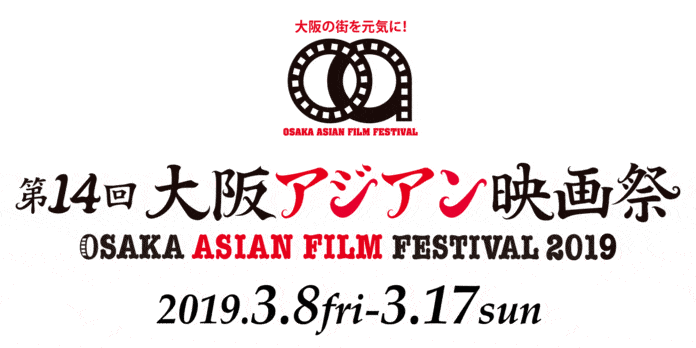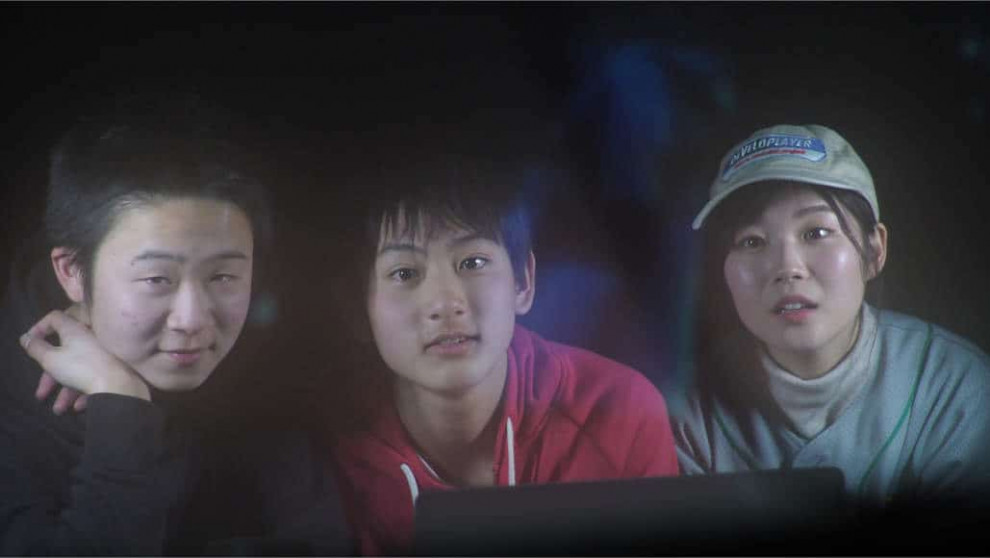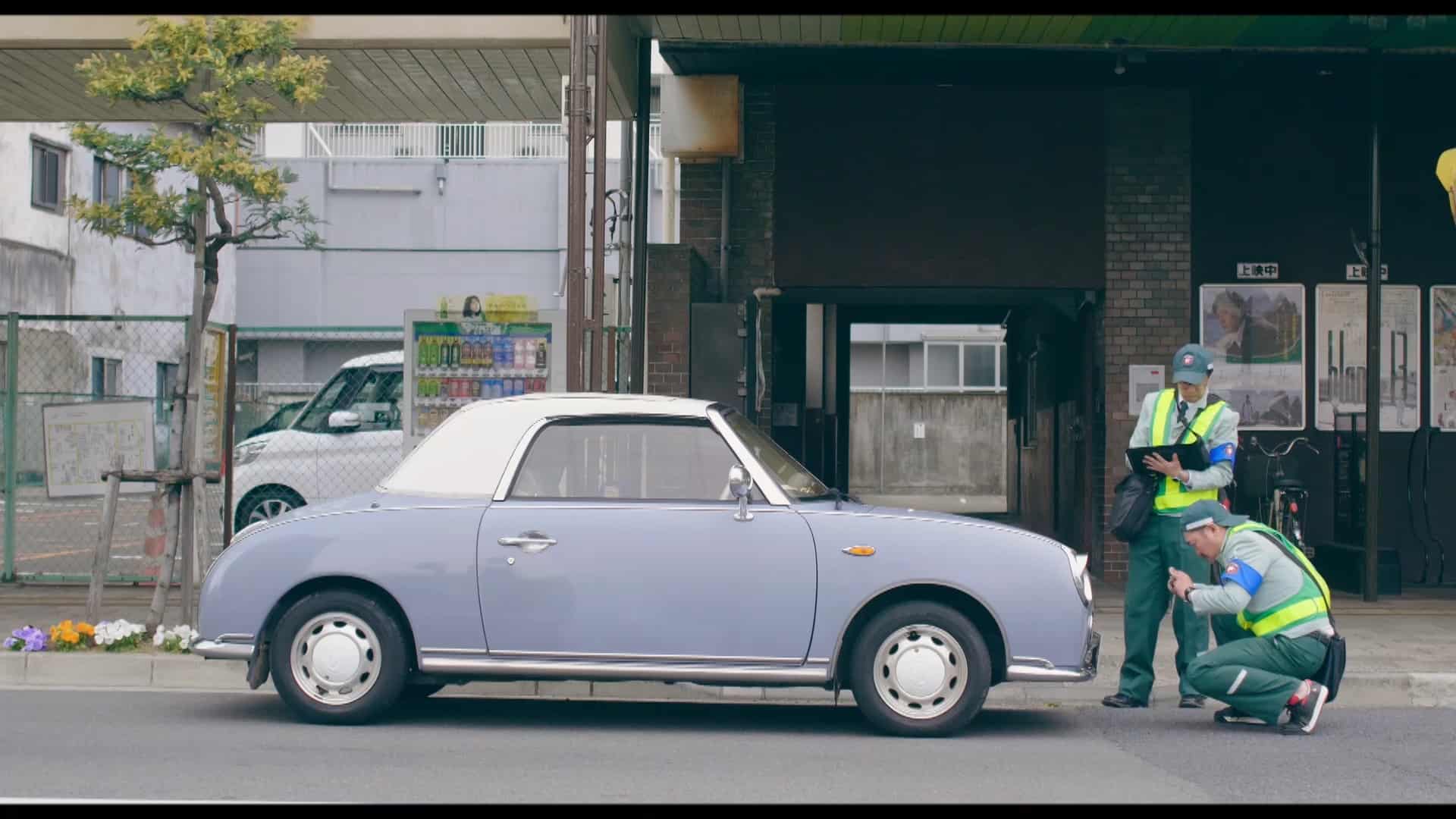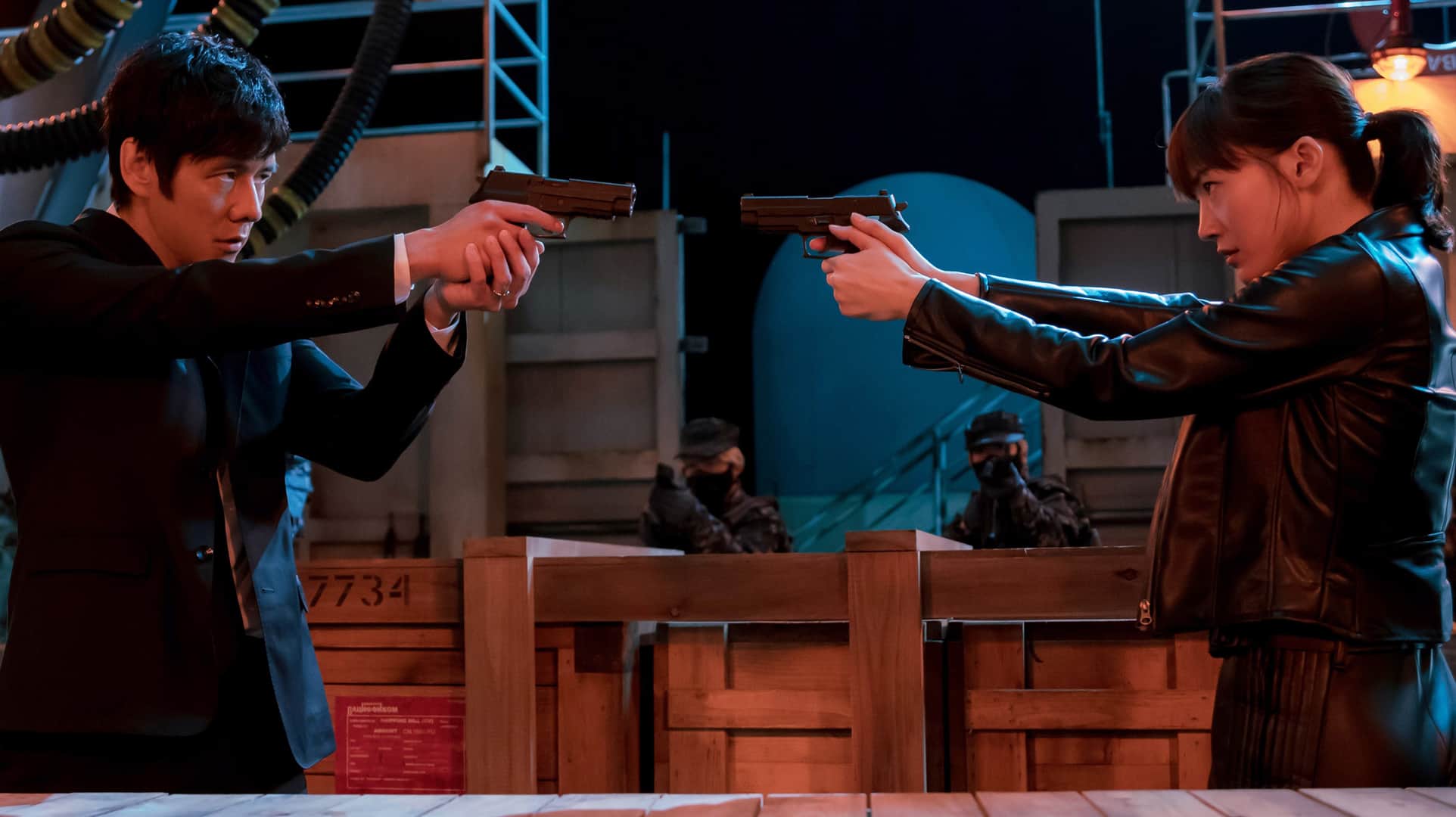The city of Yamaguchi located in the southern part of Japan, between Hiroshima and Fukuoka, is the research area of a student group looking for DNA samples of plants and bacteria. Ume is 19 years old and an intern at the Yamaguchi Center of Arts and Media. She forms a group with Take and Shun. On nature trips, the two 15-year-old high schoolers fall in love with her.
Sho Miyake (“And Your Bird Can Sing” 2018) observes the observers. While documenting the process with their phones, the teenagers are being watched by the audience. In the course of the movie, the objective research project gets distracted by the emotions of its participants. As the group departs to compile a field guide of environmental information, the boys also discover their emotions for Ume. But she unsuccessfully tries to get back in love with Yamazaki, a friend from university. The boy's efforts to confess their love to her are therefore doomed.
Wild Tour is screening at Osaka Asian Film Festival

As in “And Your Bird Can Sing” (2018) Miyake chooses the same girl-boy ratio. The constellation of two boys falling in love with the same girl sets the mood for an ultimately sad and failed love story. “Wild Tour” follows up on Sho's first attempt to portray a playful and silent character study. The Yamaguchi ecosystem sets the stage for Take, Shun, and Ume. The boys are shown in a transition from the innocent childhood to adulthood. At the same time, they get in touch with nature.
The concept of the film mixes two genres. Documentary on the one hand, and fiction on the other. This ends up in a somewhat undecided storytelling approach. In the beginning, as the project of the Yamaguchi Center of Arts and Media is introduced and the interesting facts about DNA as the blueprint of nature is explained, this movie feels like the documentation of a school project. Only when the emotional aspects start to flow in, the scientific lab vibe changes to a love drama. But just like the budding love, the results of the project are not further thematized. Both plotlines are not fully narrated and conclude without any outcome. This abandonment of the classical narrative style leaves space for a realistic interpretation. Personally, I think the movie misses a red line and leaves out potential symbolic and metaphorical comparisons between the environmental setting and the characters feelings.

“Wild Tour” is more like an introduction to the work of the Yamaguchi Center of Arts and Media and uses the narrow story to get us interested in the work of this facility. Besides the excellent performance of Honoka Ito, Ryutaro Yasumitsu and Osuke Kuribayashi, the camera creates an authentic feeling of safari, keeping us uncertain about the next steps of the movie.
In the end, “Wild Tour” could have been the base for two different movies. By not fully concentrating on one aspect of the narration, it is difficult to evaluate the meaning of this film. The only thing which is certain is the melancholic feeling of a lost love, that was never full in bloom.















